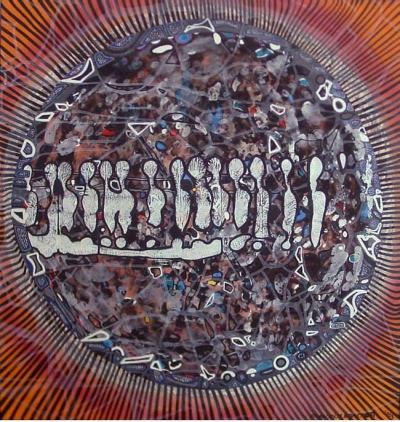'A Peculiar Aesthetic': Julia Leigh's <em>The Hunter</em> and Sublime Loss
Keywords:
Julia Leigh, the sublime, ecocriticism, TasmaniaAbstract
Julia Leigh's re-animation and pursuit of the extinct thylacine in her novel 'The Hunter' was for some reviewers an inappropriate appropriation of a Tasmanian icon. Martin Flanagan, while acknowledging the necessity of global engagement in issues such as extinction, criticised the cost of this engagement for local Tasmanian culture, writing in "The Age" “I’m all for global awareness. What I’m against is clear-felling local cultures. We all know where that leads.” However, Flanagan's alignment of environmental disaster and the neglect of local identity is not as transparent as he suggests, given that, in this case, the vessel for that local identity is the no longer local thylacine. This essay argues that "The Hunter" examines the intersection of global ecological imaginging and local identity around the concept of place. Employing a sublime aesthetic, the novel unearths the radical loss that underpins the construction of place, forming a representation of extinction that speaks for what is lost to the landscape.Downloads
Issue
Section
Articles
License
The copyright for articles in this journal is retained by the author(s), with first publication rights granted to the journal. By virtue of their appearance in this open access journal, articles are free to use with proper attribution in educational and other non-commercial sectors.Attribution-NonCommercial-ShareAlike 2.1 Australia
This work is licensed under the Creative Commons Attribution-NonCommercial-ShareAlike 2.1 Australia License. To view a copy of this license, visit http://creativecommons.org/licenses/by-nc-sa/2.1/au/ or send a letter to Creative Commons, 543 Howard Street, 5th Floor, San Francisco, California, 94105, USA.

